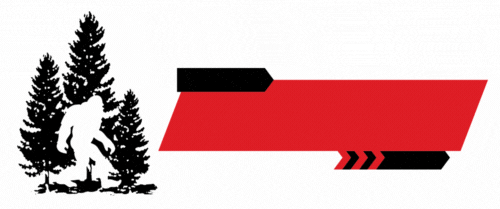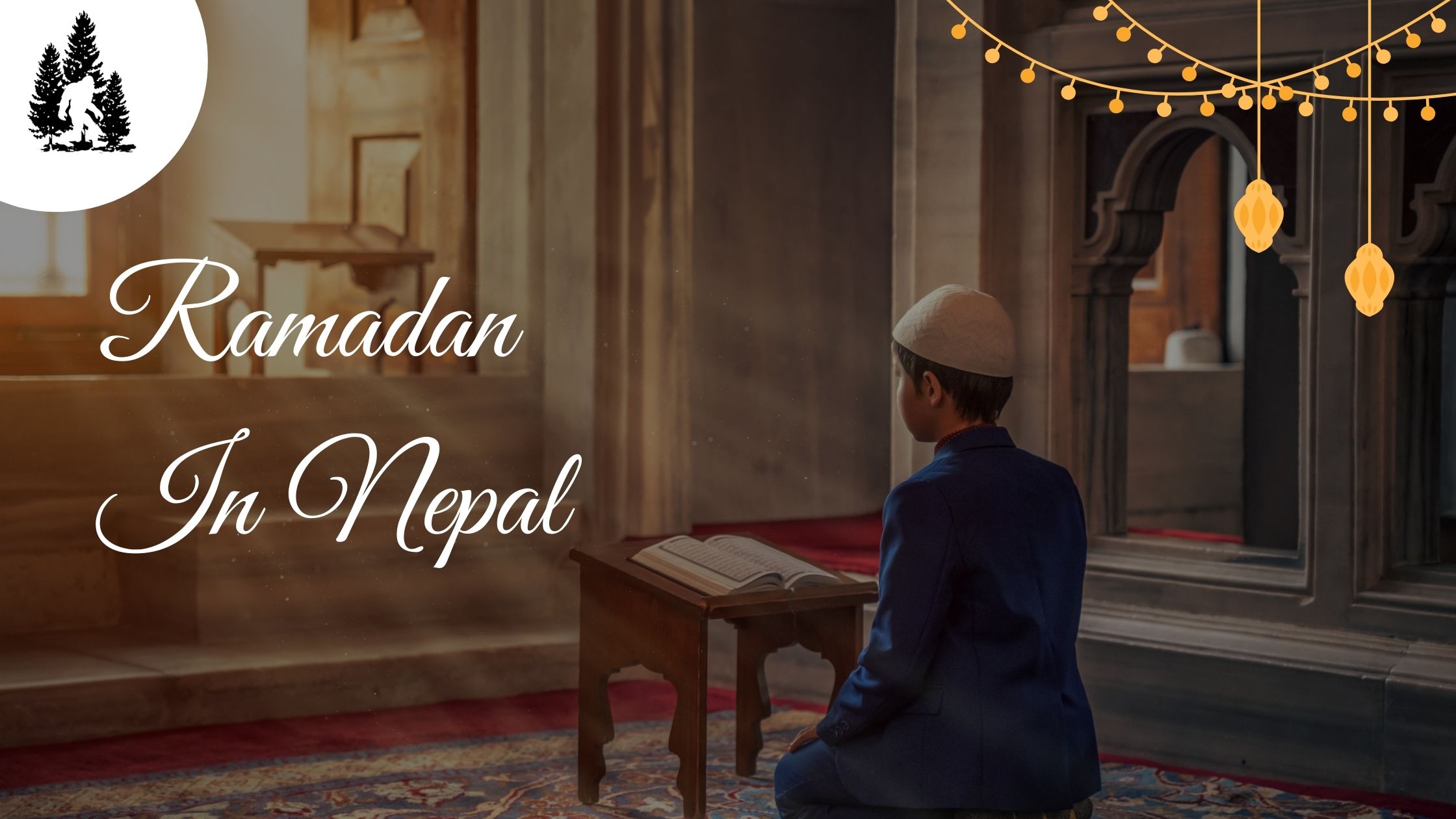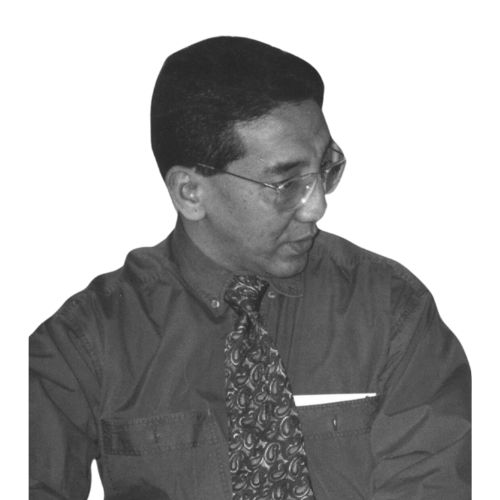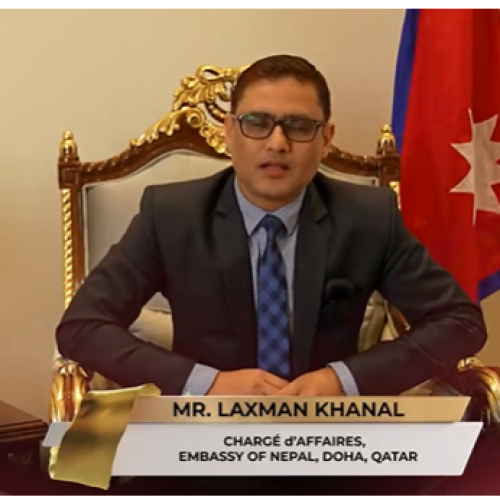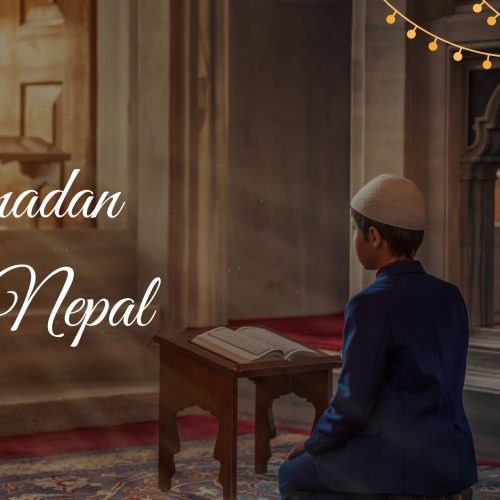Ramadan Celebration in the Himalayan Kingdom and a brief history of the community through centuries
In the shadow of Nepal’s towering Himalayas, the minarets of mosques are increasingly punctuating the skyline, signaling a demographic shift in the religious landscape of the country. As Islam gains traction, projections suggest that by 2050, Nepal will boast a Muslim population of around 3.34 million, constituting approximately 7% of its populace—a figure surpassing that of Buddhists, currently the second-largest religious group in the nation.
The rise of Islam in Nepal is not merely statistical; it’s a mosaic of diverse narratives, woven together by centuries of trade, migration, and cultural exchange. From the ancient Kashmiri Muslims, tracing their roots back to the Himalayan foothills, to the Terai Muslims, who settled in Nepal’s southern plains centuries ago, each community brings its own history and identity to the tapestry of Nepalese society.
Yet, within this kaleidoscope of faith and tradition, fractures occasionally emerge. The distinctions between groups, whether Kashmiri, Indian, Tibetan, Terai, or Hill Muslims, hint at the complexity of identity within the Muslim community. From the tensions over burial rights in Kashmiri graveyards to the distinct social and economic trajectories of different groups, the Muslim experience in Nepal is as varied as the landscape itself.
Navigating this diversity is not without its challenges. Political representation remains elusive for many Muslims, and socio-economic disparities persist despite efforts to bridge them. However, amidst these hurdles, there’s a burgeoning sense of awareness and activism. Civil society organizations are advocating for Muslim rights, while initiatives promoting education and economic development are striving to uplift marginalized communities.
In the bustling streets of Kathmandu and the tranquil valleys of the Himalayas, the call to prayer mingles with the sounds of daily life—a testament to the resilience and vibrancy of Nepal’s Muslim community. As they continue to carve out their place in the nation’s story, their journey reflects not just a demographic shift, but a rich tapestry of faith, culture, and identity against the backdrop of the majestic Himalayas.
Ramadan Demystified: Fasting, Prayer, and Togetherness
Ramadan is a big deal for Muslims worldwide. It’s the ninth month in the Islamic lunar calendar, and during this time, Muslims fast from sunrise to sunset. That means no food or drink during the day. It’s tough, but it’s also a chance to learn self-control, patience, and empathy for others.
The day kicks off with Suhoor, a pre-dawn meal to fuel up before the fast begins. When the sun sets, families and friends come together for Iftar, the evening meal to break the fast. It usually starts with dates and water, followed by a hearty feast where everyone pitches in.
But Ramadan isn’t just about going hungry—it’s about getting closer to your faith. More prayers and the Quran are read during this month, helping folks connect with their spirituality.
And let’s not forget about giving back. Ramadan is a time for charity and helping those in need, showing kindness and generosity to others.
As Ramadan wraps up, it’s time for Eid al-Fitr, a celebration full of prayers, feasts, and exchanging gifts. It’s a chance to rejoice and appreciate the bonds of community that Ramadan strengthens.
Whether it’s the nightly Taraweeh prayers or the laughter-filled Iftar gatherings, Ramadan brings people together in a shared experience of spirituality and solidarity. So as another Ramadan rolls around, let’s embrace its lessons of patience, compassion, and unity.
Why Ramadan Matters: A Time for Spiritual Connection and Unity
Ramadan holds immense significance for Muslims, serving as a period of deep introspection and spiritual enrichment. It stands as the holiest month in the Islamic calendar, revered for its profound teachings and rituals.
Central to Ramadan is the belief that it was during this sacred month that the Quran, the holy scripture of Islam, was revealed to Prophet Muhammad. Fasting during Ramadan is not merely a tradition but a fundamental pillar of Islam, symbolizing devotion and self-discipline.
Through fasting, Muslims seek to draw closer to Allah, strengthening their resolve and fostering a sense of empathy for those less fortunate. It’s a time marked by acts of kindness, self-improvement, and gratitude, as believers strive to deepen their connection with their faith.
The significance of Ramadan extends beyond individual piety—it’s a time for communal bonding and support. Families come together for meals and prayers, offering each other solace and encouragement in their shared journey of fasting and devotion.
Moreover, Ramadan is a period of forgiveness and reconciliation, where individuals seek to mend relationships and foster harmony within their communities. It’s believed that during this auspicious month, the gates of heaven are open, and the gates of hell are closed, offering believers a unique opportunity for spiritual growth and redemption.
The Night of Power, known as Laylat al-Qadr, holds special significance during the last ten days of Ramadan. It is regarded as the most sacred night of the year, a time for intense prayer and supplication, as Muslims seek blessings and forgiveness from Allah.
Ramadan serves as a profound teacher, imparting lessons of patience, gratitude, and compassion. By abstaining from worldly pleasures and negative behaviors, believers strive to purify their souls and strengthen their connection with Allah.
Above all, Ramadan embodies the spirit of unity and community. The shared experience of fasting and devotion fosters a sense of solidarity among Muslims worldwide, transcending boundaries of culture and geography.
In essence, Ramadan is a time of renewal, connection, and spiritual growth—a sacred journey that offers believers an opportunity to deepen their faith, strengthen their bonds, and find solace in the presence of Allah and their fellow believers.
Inside Ramadan: A Tapestry of Tradition, Faith, and Community
Ramadan, a cherished time for Muslims worldwide, is marked by a rich tapestry of traditions and practices that resonate deeply with faith and community.
As the sun begins to rise, the day commences with Suhoor, a pre-dawn meal carefully orchestrated to fortify believers for the fast ahead. Then, as the golden hues of dusk descend, families gather for Iftar, the eagerly anticipated meal that signals the breaking of the fast. Dates and water often kick off the feast, followed by a spread of delectable dishes shared among loved ones.
Beyond the confines of home, mosques open their doors to host community Iftar dinners, inviting all to partake in the spirit of camaraderie and gratitude. Here, amidst shared meals and heartfelt conversations, bonds are forged and friendships strengthened.
Throughout Ramadan, prayers and recitations of the Quran take on added significance, with some mosques holding special nightly Taraweeh prayers, echoing with the melodious cadence of scripture. It’s a time not just for personal devotion but also for collective worship, as communities come together to seek solace and spiritual nourishment.
Yet, Ramadan is more than a season of prayer—it’s a time for giving and compassion. Muslims embrace acts of charity and volunteerism, reaching out to the less fortunate and embodying the ethos of kindness and generosity.
The festive ambiance of Ramadan extends beyond the walls of mosques and homes, with neighborhoods adorned in vibrant lights and colorful decorations, evoking a sense of joy and celebration. For children, the anticipation of Eid al-Fitr—the joyous culmination of Ramadan—brings with it the promise of gifts and treats, adding to the excitement of the season.
Cities come alive with special events and festivals, offering cultural performances, bustling food markets, and family-friendly activities that unite communities in celebration. It’s a time to practice patience, kindness, and forgiveness, as Muslims reflect on their actions and seek reconciliation with others.
In schools and communities, children engage in Ramadan-themed activities, learning about the significance of the month and embracing its values of empathy and compassion. Throughout it all, there’s an atmosphere of joy, peace, and gratitude—a testament to the enduring spirit of Ramadan and the bonds of faith that unite Muslims worldwide.
In essence, Ramadan is celebrated with a blend of religious observance, communal gatherings, and festive traditions that foster a sense of unity and belonging—a testament to the enduring spirit of faith and community that defines this sacred month
Family and Community Unity During Ramadan
Ramadan unfolds as a time when families embrace their faith with a renewed sense of togetherness and celebration.
At the heart of this month-long observance are the cherished moments shared among family members. From the predawn meal of Suhoor to the evening gatherings for Iftar, there’s a palpable joy that permeates every aspect of familial interaction. Through fasting, prayer, and reflection, families forge deeper bonds, united by a common devotion to their beliefs.
For children, Ramadan often marks a milestone as they participate in fasting for the first time, guided by the wisdom and encouragement of their elders. Parents and elders play a pivotal role in imparting the significance of Ramadan and its traditions, nurturing a sense of reverence and understanding among younger generations.
Beyond the confines of the family home, Ramadan extends its embrace to the wider community. Mosques and community centers buzz with activity, serving as focal points for communal gatherings, prayers, and educational endeavors. Here, neighbors exchange food and greetings, fostering a spirit of camaraderie that transcends cultural and social divides.
In this spirit of solidarity, community members rally around one another, offering support and assistance in times of need. From volunteering to providing emotional solace, the bonds forged during Ramadan are grounded in a shared commitment to compassion and empathy.
Amidst the hustle and bustle of communal life, Ramadan also offers moments of introspection and reconciliation. It’s a time for forgiveness and healing, as individuals seek to mend rifts and foster harmony within their communities.
Collective acts of worship, such as the Taraweeh prayers held at mosques, further deepen the sense of belonging and mutual respect among community members. And as the month unfolds, the shared experience of fasting and prayer serves as a testament to the enduring strength of faith and fellowship.
In essence, Ramadan serves as a beacon of love, solidarity, and compassion, illuminating the path towards a more united and caring community. Through its rituals and traditions, families and communities alike find solace and inspiration, reaffirming their shared values and commitment to one another.
(For IT, Web site, content, graphic support : Shaikh Mohsin Sayyad : thanks for your creative ideas and tips with your advanced knowledge. Your two children Idris and Sehnaz kept me motivated and on my toes with their sweet talks and their constant playful squabbles in the background – which I, on purpose requested for all the time..)
